Media Vita
Media Vita, the title of this album, is based on the piece for mixed choir that I wrote in 2010, commissioned by the dancer and choreographer Julien Lestel for his ballet Corps et Âmes. Another piece from the ballet, De profundis, also features on the CD. The theme of this ballet in twelve 'tableaux' was based on the dyad of body and soul, and Julien Lestel's choreography to my music alternates between delicate aerial gestures and powerful chtonian movements.
Reviews on... -> Pizzicato - Olyrix - France Musique/L'invité du jour - Libération - Radio Classique - Audiophile Magazine - Froggy's delight - Classica - France Musique/En pistes, contemporains !
1. De profundis (2010)
(commissioned by the Julien Lestel company)
This piece is written for mixed choir and viola (the viola can also be replaced by a violin or a cello). The solo instrumental line hovers above the choir most of the time, oscillating between tension and consoling softness. The transition from darkness to light is expressed through changes of harmony, predominantly in minor modes.
2. Solstice (2020)
Using the thematic material from De profundis, Solstice reproduces the lighting effects on the piano.
3. Winter Serenade (2020)
This piece for piano is intended to be simple, its key of A minor evoking a winter landscape of immaculate whiteness.
Two Poems by Guillaume Apollinaire (2019)
4. Marie
5. La Force du miroir
(commissioned by the Concours international de chant lyrique de Mâcon)
Apollinaire is, along with Baudelaire, the poet to whom I have the closest affinity. The poems I chose to set to music both play on duplications and symmetrical effects, which are not unrelated to the title of the second. While my interpretation of 'Marie' is characterised by harmonic tintinnabulations, for 'La Force du miroir' I decided to use sinuous melodic lines in the vocal part, before imagining an ending that gets lost in the effervescence and playfulness of the piano.
6. Les Cités de l'oubli (2020)
Dotted with pedals, the piano here seems to be blurred, intermittently adorned with disturbing colours.
7. Media Vita (2010)
(commissioned by the Julien Lestel company)
Media vita in morte sumus was originally a Gregorian antiphon. It is said that Thomas Aquinas wept when he heard this song with its tragic words. The archaisms in my choral piece are fully intentional, as is its homorhythmic ending in which the recovered consonance can be heard as a message of hope.
8. Nel mezzo del cammin (2020)
Dante's verse 'Nel mezzo del cammin di nostra vita', which opens Canto 1 of the Inferno of his Divine Comedy, echoes the words of Media Vita. In this piano piece, I wanted to use thematic elements from my Media Vita a capella choir. In order to convey the anguish of death of the sinner lost 'in the dark forest', I have had recourse to Schubertian elements, perceptible in the long subsidence of the central part. 9. Rocking-Chair (2020) The somewhat clattering pendulum of the keyboard anticipates the effects of Longing in the Boudoir
Fragments of China (2017) Sheet music available here
10. "Longing in the boudoir"
11. "On the Trail of Sweet Incense"
12. "A Reminiscence"
13. "Despair"
(commissioned by Ninon Colneric)
I was asked to set to music some poems by Li Qingzhao, a 12th century Chinese poetess, in their English translation. I chose four of them, which evoke a whole cycle of love: meeting, first feelings, memories of a happiness that has disappeared forever... Harmonic oscillations, the imaginary tinkling of bells: "Longing in the Boudoir" suggests the passage of time. "On the Trail of Sweet Incense" alternates between two types of writing: one, fluid, with all roughness smoothed out by the resonance of the pedal; the other, drier and more incisive. "A Reminiscence" plays on the bi-tonality, the opposition of scale mimicking the impossibility for the voice and the piano to hear each other. As for 'Despair', it is the darkest and most dramatic piece, although in the final bars the continuous line of eighth notes in the left hand, imitating the monotony of drops of water, opens up the path to a peaceful eternity.
14. Self-Portrait (2020)
A nod to the Oulipo, this piece for piano is based on the letters of my family name transcribed musically according to the letter-note analogy used in Germany: B.E.F.F.A. (B flat - E - F - F - A).
Karol Beffa, piano and compositions
Jeanne Gérard, soprano



















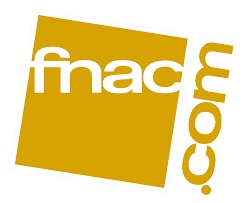
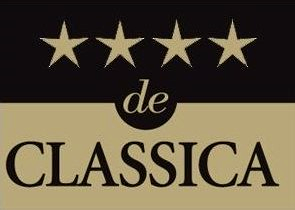
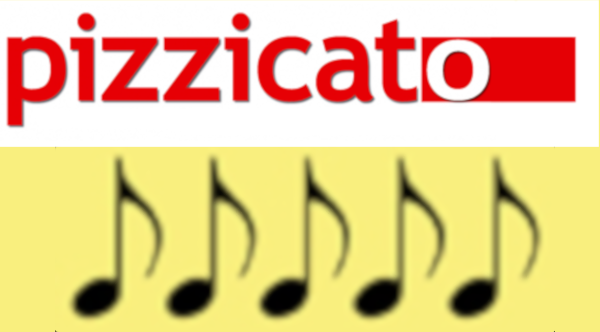


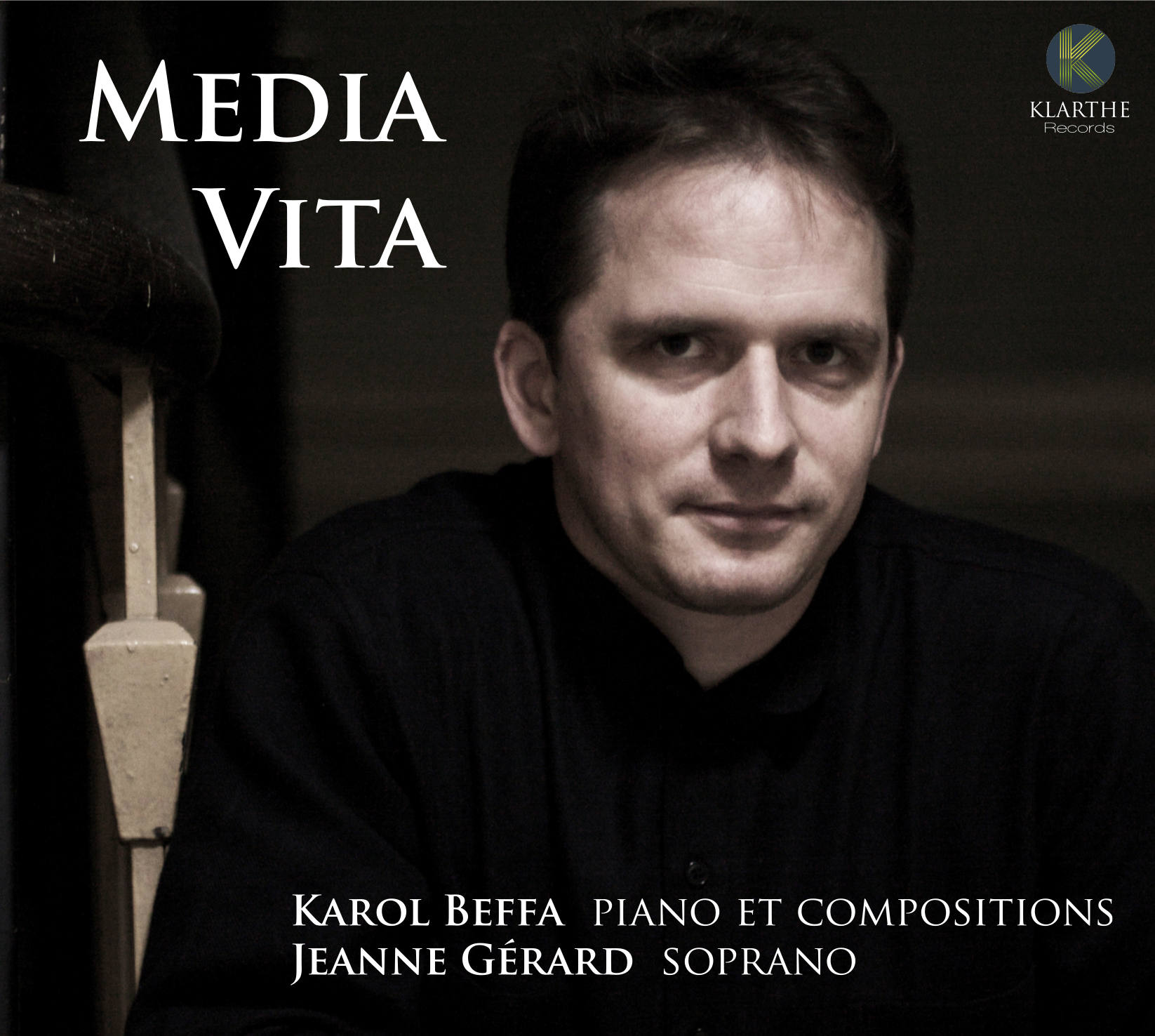
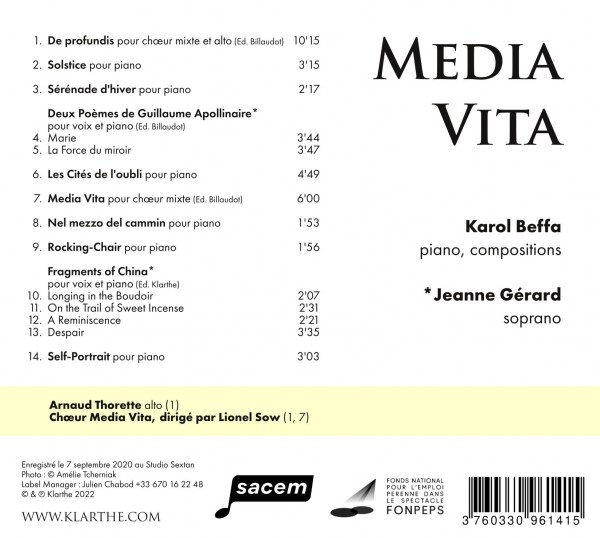


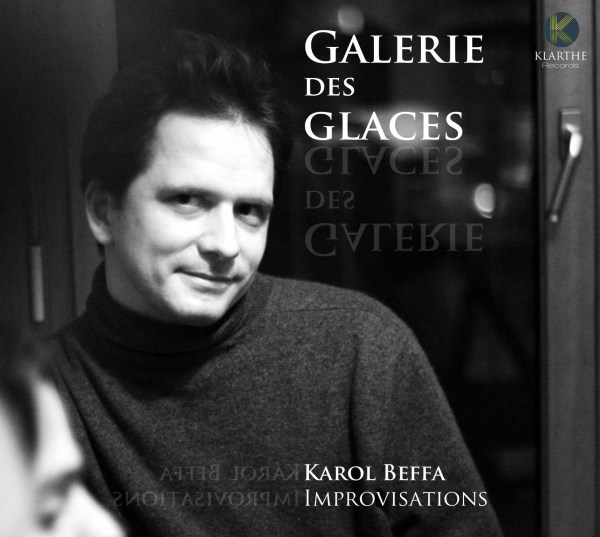 Galerie des glaces
Galerie des glaces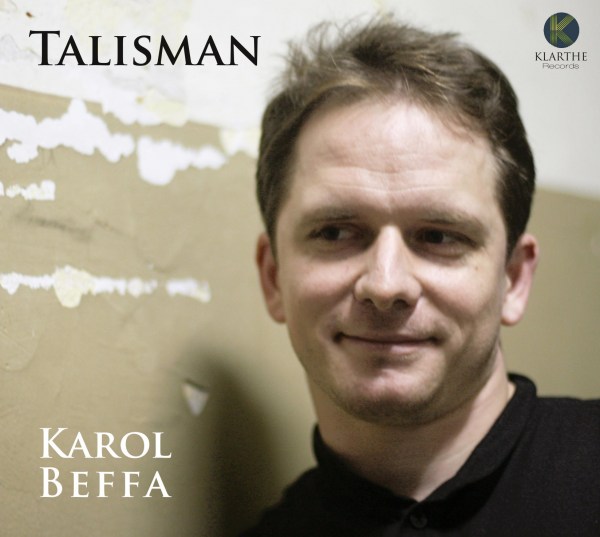 Talisman
Talisman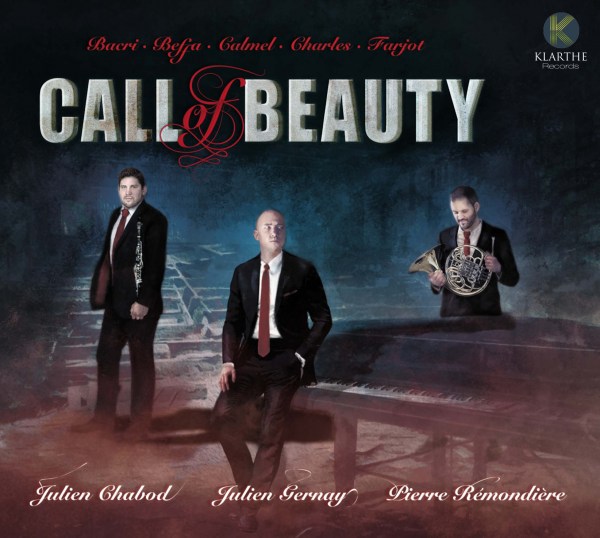 Call of Beauty
Call of Beauty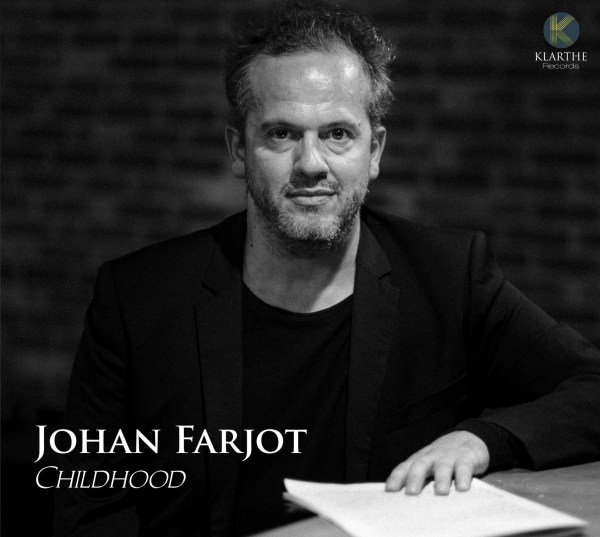 Childhood
Childhood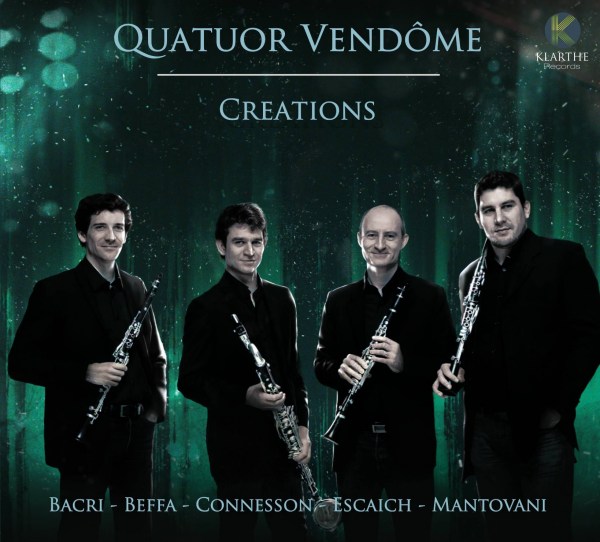 Creations
Creations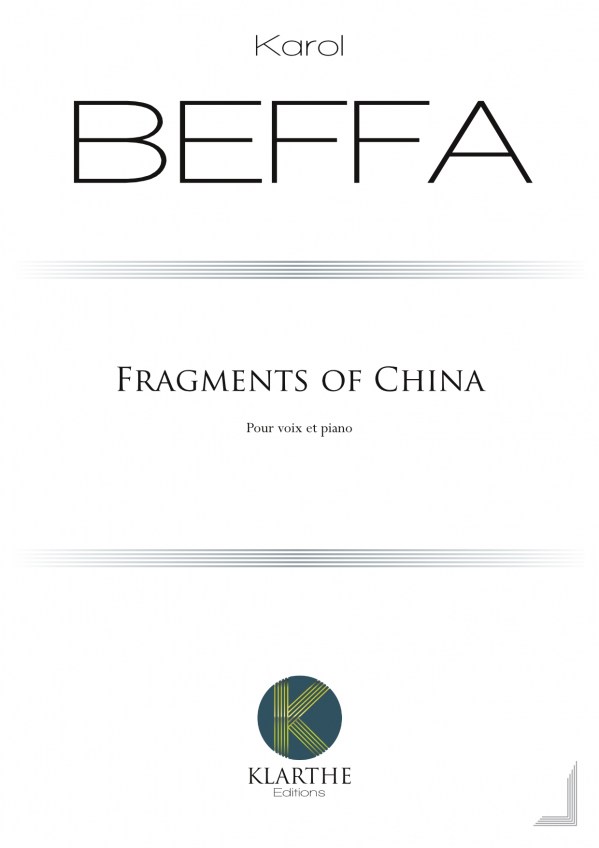 Fragments of China - Karol Beffa
Fragments of China - Karol Beffa